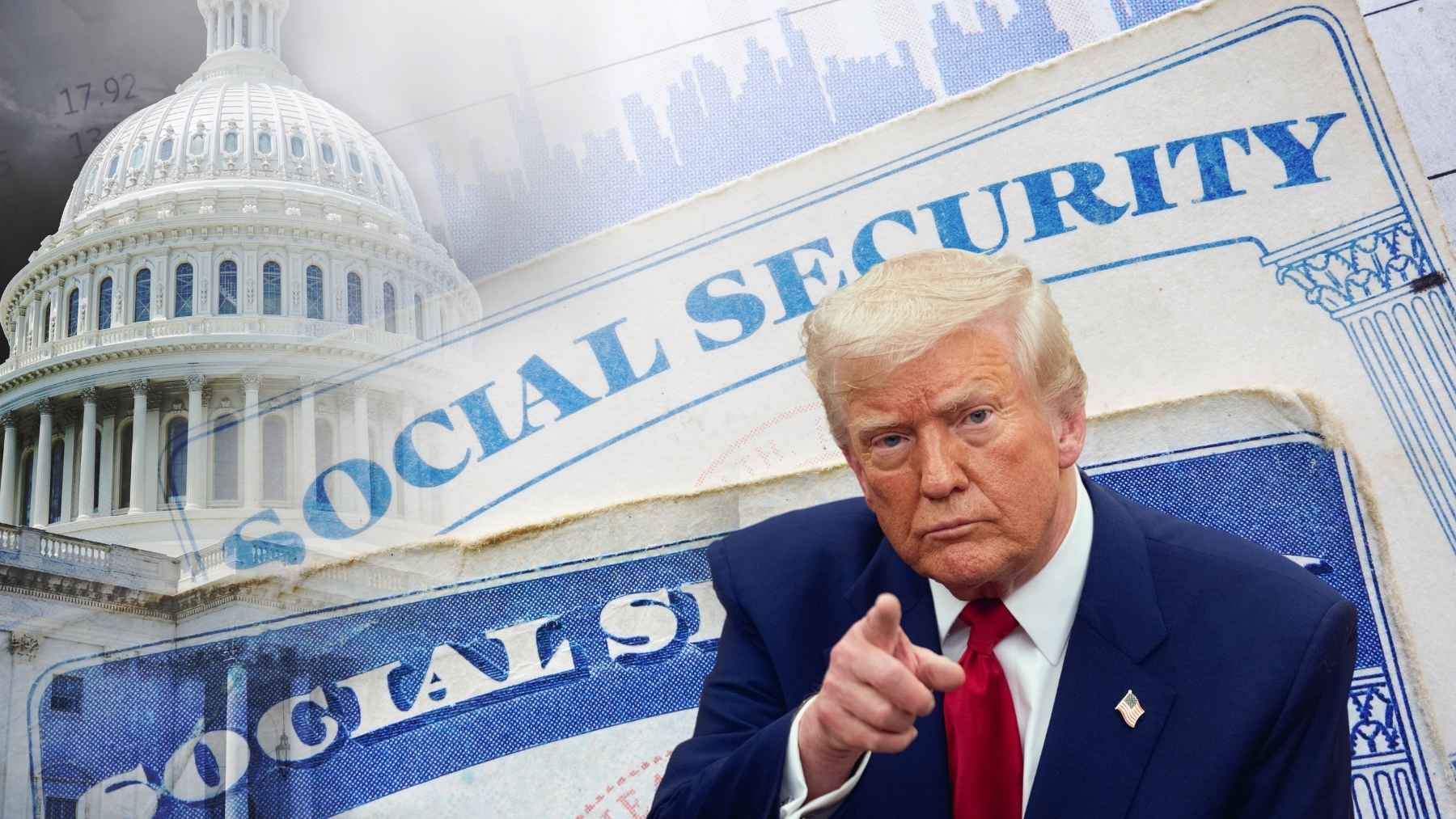Whilst the Social Security Administration (SSA) is a welfare program run by the government that provides an income to retirees and other vulnerable individuals who can no longer earn one for themselves, a majority of these beneficiaries still have to pay taxes on these benefit amounts.
During his time campaigning, President Donald Trump made a promise to his constituents that he would put an end to Social Security taxes and it appears that the president is still working towards holding true to his words. Recently, lawmakers in Congress proposed a draft legislation that could indeed be the first step towards tax free Social Security. However, whether or not this will be a good thing in the long-run remains to be seen.
New potential legislation to eliminate tax on Social Security
Several new legislations have been proposed over the past few months, starting in January with the “You Earned It, You Keep It” Act, introduced by Rep. Angie Craig (D-Minn.) and the “No Tax on Social Security” Act introduced by Rep. Jeff Van Drew (R-N.J.). In February, Rep. Thomas Massie (R-Ky) announced the “Senior Citizens Tax Elimination” Act.
Just this week, President Trump urged Congress to approve the “Big, Beautiful” spending and tax bill that would aid the president in fulfilling several of his promises.
“In the coming weeks and months, we will pass the largest tax cuts in American history — and that will include no tax on tips, no tax on Social Security, and no tax on overtime,” he shared.
It does, however, appear that these promises to change tax law sound fruitful only in theory, and retired beneficiaries of Social Security may actually be hurt by it.
Current tax law could cut Social Security benefits
Whilst Social Security is mainly funded by taxes, it actually has 3 sources of revenue, “91% comes from payroll taxes, 4% from taxes collected on benefits, and 5% from interest earned on trust fund assets.”
Deficits are regularly recorded in the program which means that the agency is often spending more than it is receiving. This happens because the retired cohort that receives benefits is growing a lot faster than the taxpaying population that funds the program.
An estimation by The Congressional Budget Office (CBO) has revealed that, by 2034, the Social Security Trust Fund which is the financial account that funds the benefits of retirees, spouses, survivors and disabled workers, will be exhausted. By then, one funding source will have been eliminated due to the trust fund no longer earning interest.
Subsequently, only 77% of scheduled payments in 2035 would be able to be covered by the remaining tax revenues. This would result in benefits being cut by 23% by the next decade if lawmakers do not find a solution. According to CBO estimates, Social Security will face a $3.3 trillion deficit over the next 10 years and during this period, taxes on benefits will contribute $1.1 trillion in revenue.
Drawing from this, eliminating benefit taxes could result in irreversible repercussions to the program by making an already large deficit, even larger. In the event of this, the trust fund will be exhausted even sooner than anticipated and as a result, Congress will have to enact benefit cuts even sooner.
According to the Committee for a Responsible Federal Budget (CRFB), “ending taxes on Social Security would move trust fund depletion forward by one year.” Conversely, a budget model from Ivy League business school Penn Wharton estimates that the trust fund depletion would be brought forward by two years.
The CRFB also estimates that an end to tax on tips, overtime, and Social Security, as part of Trump’s “Big, Beautiful” bill which is still being debated at Congress, will bring forward the trust fund depletion by three years — meaning that benefits would be cut from 2032.
These tax modifications would reduce Social Security revenue by $2 trillion over the next decade, and as a result, the benefit cuts could be even more substantial than previously estimated. According to CRFB estimates, “payments would be slashed 33% by 2035, up from the 23% cut projected by CBO under current tax law.”

